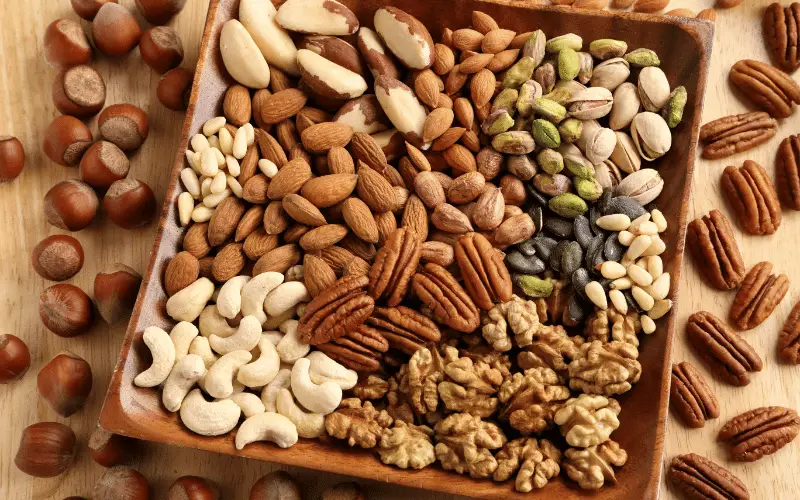Introduction: Setting the Table for a Healthier Heart
Living with atrial fibrillation, or AFIB, might feel like treading a tightrope at times. The fluttering heart, irregular beats, and the constant concern about stroke risk – it’s enough to make anyone anxious. However, being mindful of your diet can pave the way for a more balanced and symptom-managed life. A well-planned atrial fibrillation diet can help control your symptoms, prevent complications, and overall improve your wellbeing.
In this in-depth piece, we’re going to break down the foods to include in your AFIB-friendly diet. We’ll explore 15 heart-friendly foods that are not only delicious but beneficial for AFIB management. We’ve got the latest scoop on heart-healthy nutrients, their sources, and how they interact with your heart to keep your ticker in tip-top shape.
Our food choices can dramatically affect the heart’s function, particularly when a condition like AFIB is involved. People with AFIB need to prioritize nutrients that promote heart health – such as omega-3 fatty acids, magnesium, potassium, and fiber. These nutrients can help manage blood pressure, maintain regular heart rhythm, and reduce stroke risk.
So, if you’re ready to level up your heart health and take control of your AFIB, read on. We’ve cooked up a list of 15 foods that will make your heart—and taste buds—happy.
Food 1. Nourishing Nuts: A Heart’s Healthy Habit

For those living with atrial fibrillation, the benefits of incorporating a variety of nuts into your diet are vast and significant. Let’s delve into why these small but mighty foods are essential additions to any AFIB-friendly meal plan.
A rich source of magnesium, almonds, walnuts, and hazelnuts are your go-to nuts when it comes to maintaining optimal heart health. This essential mineral plays a crucial role in over 300 enzymatic reactions in the body, including those that regulate heart rhythm. People with AFIB often have lower magnesium levels than those without the condition, making these nuts particularly beneficial.
Moreover, they are an excellent source of monounsaturated fats, commonly referred to as “good fats”. This type of fat helps reduce harmful cholesterol levels while increasing good cholesterol. Almonds, for instance, have been shown in studies to lower the risk of heart disease, thanks to their high monounsaturated fat content.
These wonder-nuts are also packed with fiber, another heart-friendly nutrient. A diet high in fiber can help manage weight, control blood sugar levels, and even lower the risk of stroke – a potential complication for people with AFIB.
Although they are health-packed, these nuts come with a high calorie count, so moderation is key. A handful of nuts a day should suffice, offering you a delicious and heart-healthy snack that can significantly contribute to the management of AFIB symptoms. (1)